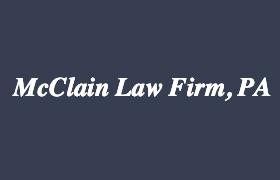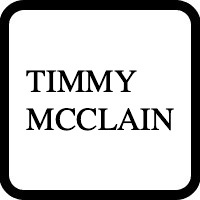 Fruitland Park Estate Lawyers, Florida
Fruitland Park Estate Lawyers, Florida
Sponsored Law Firm
-
 x
x

Click For More Info:
-
McClain Law Firm, PA
P.O. Box 536387 Orlando, FL 32853» view mapEstate Law A Law Firm That Cares
Let McClain Law Firm, PA handle all your Estate Planning needs today!
800-908-6270
Lawyers
1-2 of 2 matches
Personal Injury, Civil Rights, Family Law, Trusts



 Timmy McClain Orlando, FL
Timmy McClain Orlando, FL AboutMcClain Law Firm, PA
AboutMcClain Law Firm, PA